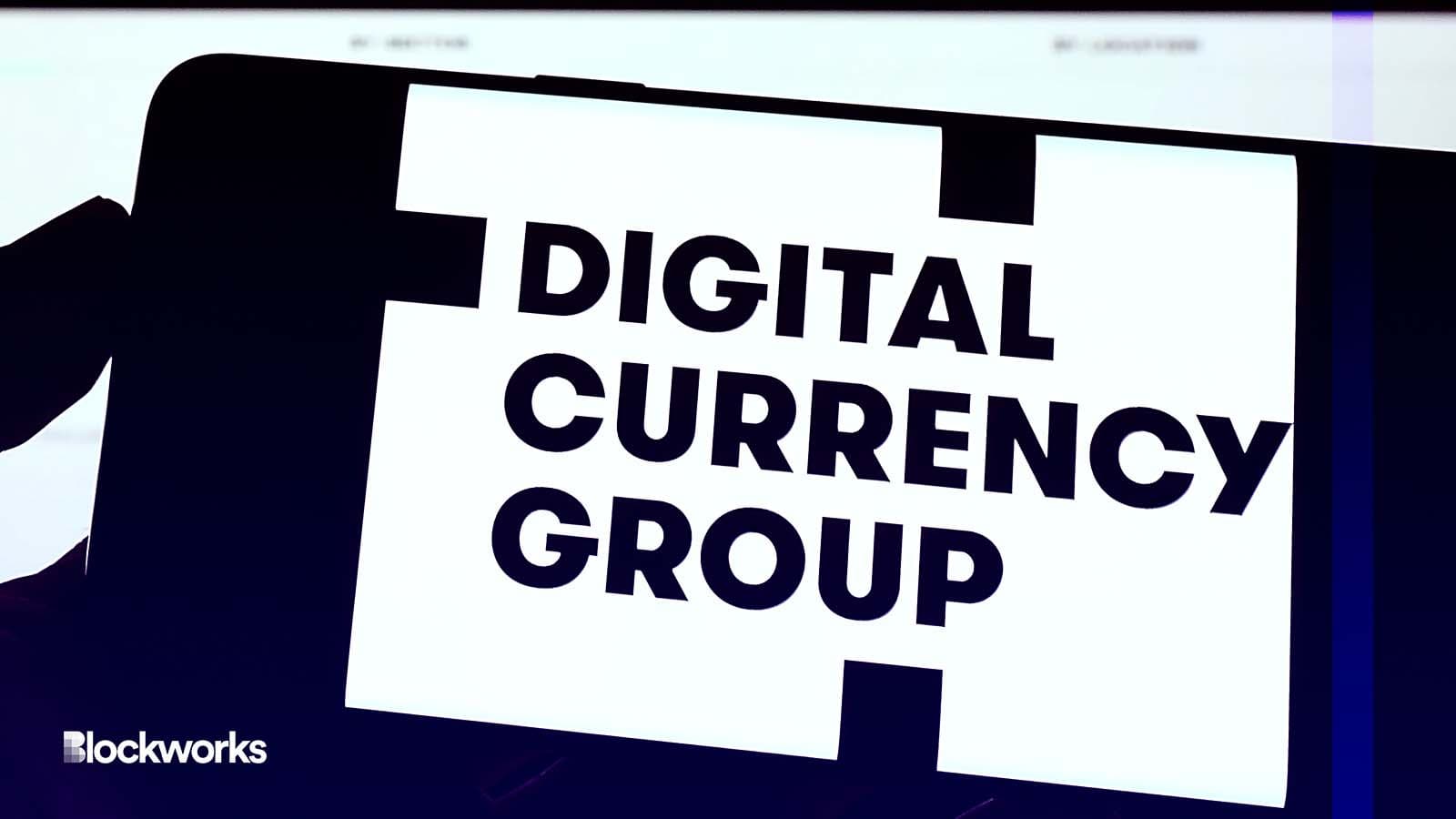Crypto Hiring: DCG Turnover Taking Center Stage Again
Michael Kraines stepped down as DCG’s chief financial officer

T. Schneider/Shutterstock modified by Blockworks
The crypto industry may be paring back its former gains when it comes to maintaining top talent.
One prominent example: Michael Kraines is said to be stepping down as chief financial officer of Digital Currency Group (DCG), the parent company of CoinDesk.
Kraines spent a little over two years in the role and was previously a board member at CoinFLEX, the distressed crypto futures exchange that has undergone a prolonged restructuring process.
CoinDesk reported that DCG outlined the move in a recent letter to the crypto conglomerate’s shareholders. The letter also reportedly said that DCG’s first quarter revenue totaled $180 million — up 63% from the quarter prior.
Cryptocurrencies have soared over that period, with bitcoin (BTC) up about 42% year to date and ether (ETH) jumping about 37% over the same period.
DCG, meanwhile, is at risk of defaulting on its $630 million debt obligations to the Genesis bankruptcy estate, according to Genesis.
Luno loses top executive
Vijay Ayyar, Luno’s former vice president of corporate development and international, has left the crypto exchange for an undisclosed new gig, CNBC reported Tuesday.
DCG is the parent company of Luno.
Ayyar was one of Luno’s earliest employees, serving for seven years in a number of roles, CNBC reported. Right before he left, Ayyar was responsible for pitching the company’s accounts to funds and fintech companies.
Ayyar’s exit comes shortly after Luno ceased operations in Singapore, where Ayyar is based. Ayyar reportedly said, though, that Luno’s Singapore closure didn’t factor into his decision to part ways with the company.
Luno also cut 35% of its workforce in January, which CEO Marcus Swanepoel at the time attributed to crypto market conditions that cut into the company’s revenues in 2022.
Other notable employment developments
- MAPay, a global healthcare fintech company, hired Aman Quadri as its new strategic adviser. Quadri, who has been a strategy consultant since 2009, will help build out blockchain credentialing in healthcare at the company.
- Several engineers at MakerDAO said they were leaving following the sunsetting of the Protocol Engineering Core Unit (PECU) on April 30. They included Brian McMichael and Derek, the developer of PECU.
- The Digital Pound Foundation added policy lead Jannah Patchay and payments industry expert Phil Kenworthy to its board. The foundation supports the implementation of a digital British pound.
Get the news in your inbox. Explore Blockworks newsletters:
- The Breakdown: Decoding crypto and the markets. Daily.
- 0xResearch: Alpha in your inbox. Think like an analyst.






